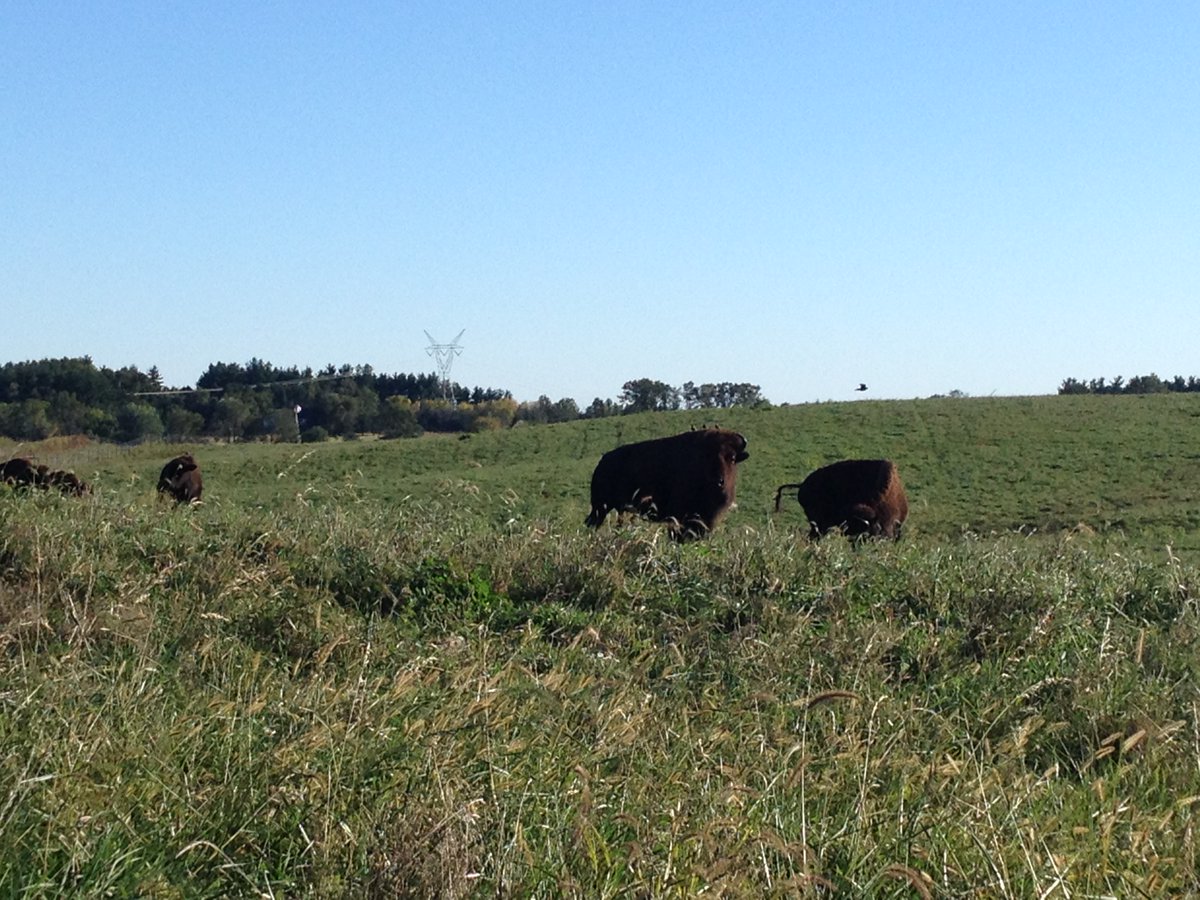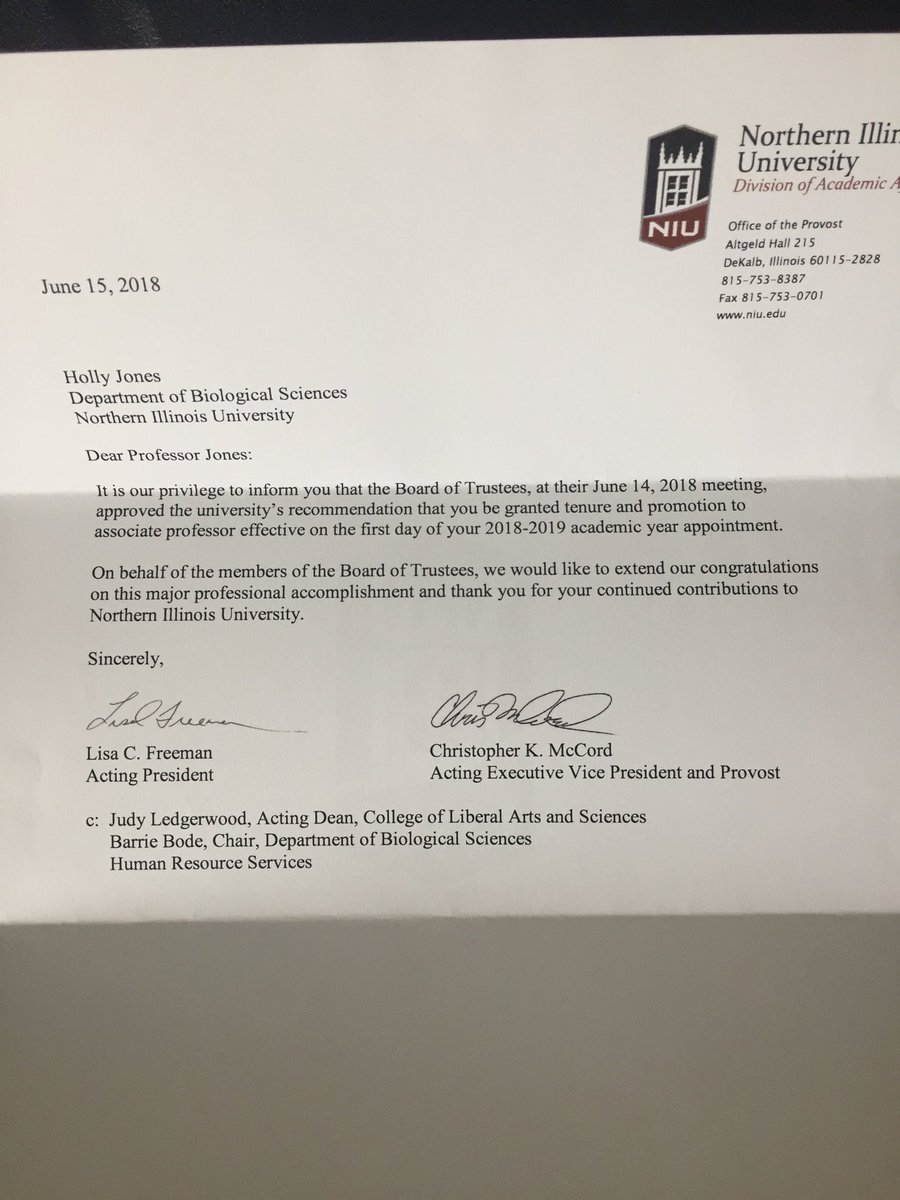
Dear potential PIs,
Because we get the opportunity to accept and mentor up to a handful of students for graduate degrees per year, there is a right and wrong way to approach those applying to our labs. So here goes:
Because we get the opportunity to accept and mentor up to a handful of students for graduate degrees per year, there is a right and wrong way to approach those applying to our labs. So here goes:
Don’t just expect potential mentees to understand the outdated, unwritten, and archaic way we expect folks to contact us about positions in our labs.
And don’t outright reject any prospective students not following unwritten rules.
Instead, demystify the process for folks, not just with a Twitter thread for those who don’t understand our weird rules, but by communicating upfront what you expect.
Instead, demystify the process for folks, not just with a Twitter thread for those who don’t understand our weird rules, but by communicating upfront what you expect.
For example, have a section on your website that tells prospective students exactly what you want from them when they contact you.
For my lab’s example, see here: hjones82.wixsite.com/website/apply
For my lab’s example, see here: hjones82.wixsite.com/website/apply
Encourage your department’s graduate school page to also have explicit instructions for potential applicants.
Here’s an example of that: niu.edu/clas/biology/a…
Here’s an example of that: niu.edu/clas/biology/a…
Don’t expect students to just find funding out of the blue. Instead push your institution to provide students a living wage to be the engines of research that they are.
f you don’t have funding and neither does your institution, wait to take students until you/your institution do/does. Expecting students to hunt for funds on unpaid time just guarantees only privileged, affluent people will enter the science enterprise.
Once you’ve ensured your expectations of prospective applicants have been made clear, then point prospective students to that information if their first contact doesn’t meet your expectations instead of dismissing folks out of hand.
Remember that in academia pretty much everyone is fairly smart. What sets people apart is their kindness and generosity, especially to those new to the field or trying to get in. So try to email uncompetitive prospective students back and help them by giving them feedback.
Lastly if you’re a PI you have an opportunity to ensure your institution is passing on all the information about our unwritten rules to students who may be interested in grad school.
Better yet you can work to undo the systemic barriers (like weird arcane unwritten rules) that prevent folks underrepresented in sciences from being welcome in the enterprise. Maybe focus your energy on that? /end
• • •
Missing some Tweet in this thread? You can try to
force a refresh





